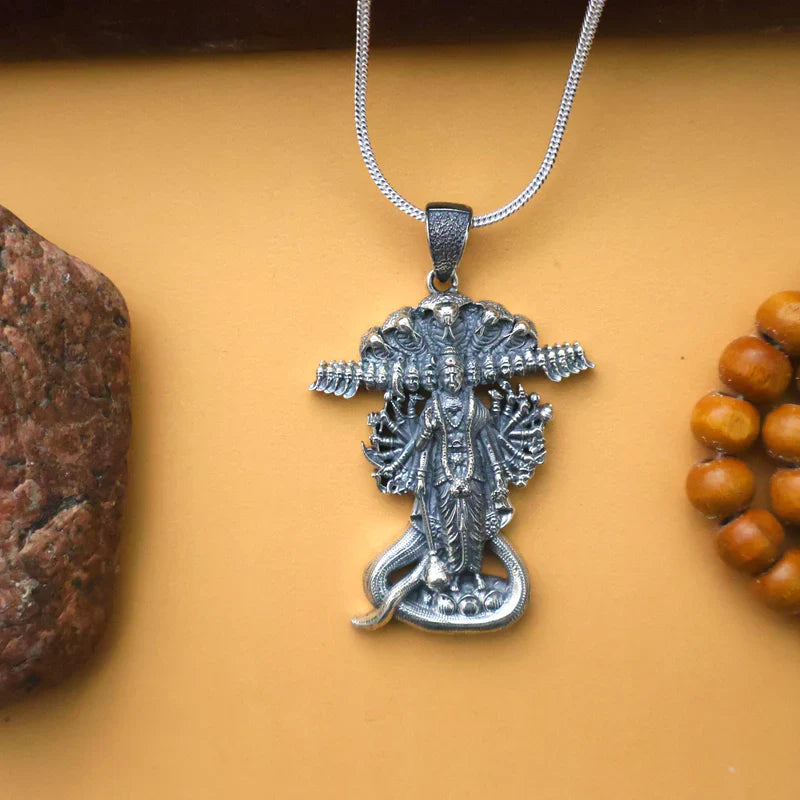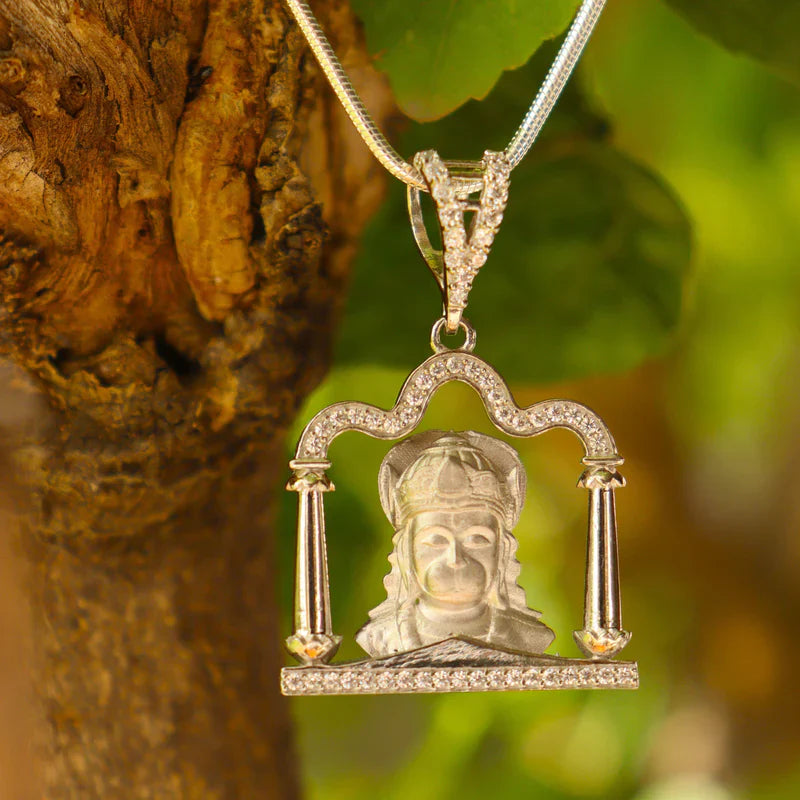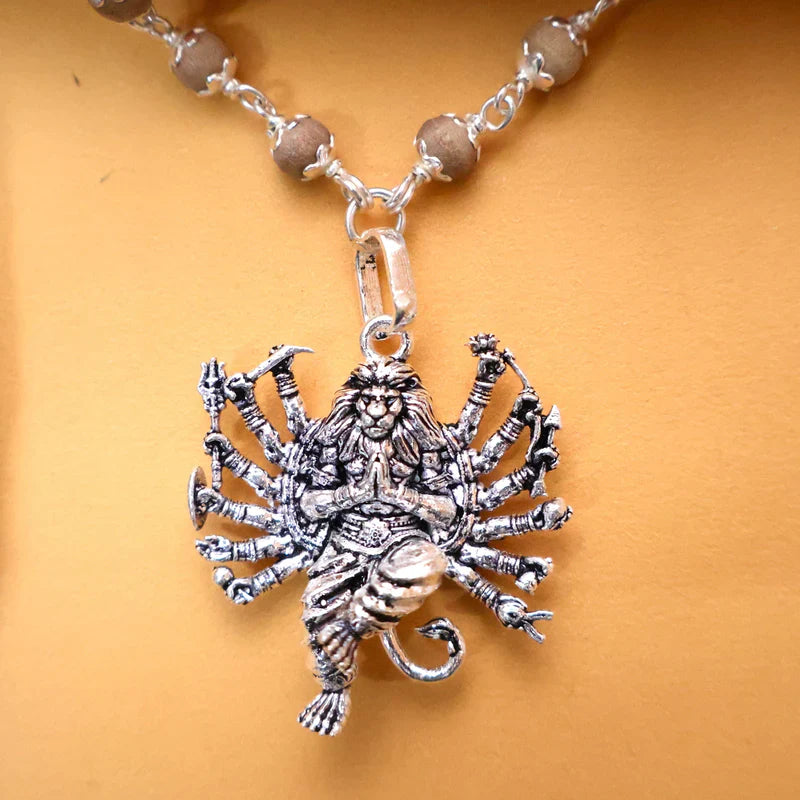In the rich traditions of Hinduism, wearing religious symbols such as deity pendants, yantras, or rudraksha beads is not just a cultural practice—it is a spiritual act, a sacred way to stay connected to divine energies in everyday life.
But many wonder—who can wear these pendants? Are there rules? Is it only for Hindus?
The beauty of Hindu dharma lies in its inclusiveness and universality. Let's explore the spiritual science and open-hearted traditions behind who can wear Hindu religious pendants.
The Universal Spirit of Hindu Pendants
Hinduism does not restrict divine connection to a chosen few.
The gods and goddesses, yantras, and sacred symbols represent universal energies—protection, wisdom, love, courage, prosperity—that transcend religion, caste, gender, or nationality.
Thus:
-
Anyone who feels devotion, reverence, or seeks the blessing of a particular deity can wear their pendant.
-
Whether you are Hindu, spiritual but not religious, or from any tradition—if your heart feels drawn, you are welcome to wear these symbols.
When and Why Should One Wear Hindu Pendants?
1. For Spiritual Protection and Guidance
Wearing pendants of Lord Shiva, Hanuman, Ganesha, or Durga acts as a spiritual shield, protecting against negativity and guiding the mind towards clarity and strength.
2. For Personal Connection and Bhakti (Devotion)
Wearing your Ishta Devata (chosen deity) pendant keeps their energy close to your heart, serving as a constant reminder of your spiritual path.
3. For Inner Harmony and Balance
Many also wear yantra lockets or Rudraksha pendants to balance energies, reduce stress, and deepen meditation.
4. For Cultural and Aesthetic Love
Some may wear Hindu pendants simply out of love for Indian art, mythology, or sacred aesthetics—which is also a form of subtle devotion.
Basic Respectful Guidelines When Wearing Hindu Pendants
While there are no rigid rules, here are some traditional and respectful practices:
-
Wear the pendant with cleanliness and reverence
-
Avoid wearing it in unclean places like toilets or during impure activities
-
Treat the pendant as more than jewellery—it is a sacred symbol of the divine
-
If unsure, chant the deity’s mantra while wearing it to create a respectful connection
Wearing Pendants from Specific Traditions (Shaivism, Vaishnavism, Shaktism)
-
Shaivites often wear Rudraksha and Shiva symbols
-
Vaishnavites may wear Tulsi or Vishnu pendants
-
Shaktas may wear Durga, Kali, or yantra lockets
But devotion is personal, and anyone feeling aligned with the energy of a deity can respectfully wear the pendant, regardless of their sect.
🕉️ Explore our Sacred Hindu Pendant Collection Here and choose the symbol that speaks to your soul.
Trusted References
Because the divine does not belong to a few—
It belongs to every heart that longs for it.
Whether through a pendant, a prayer, or a whisper in the dark—the gods are waiting for you to reach out.




